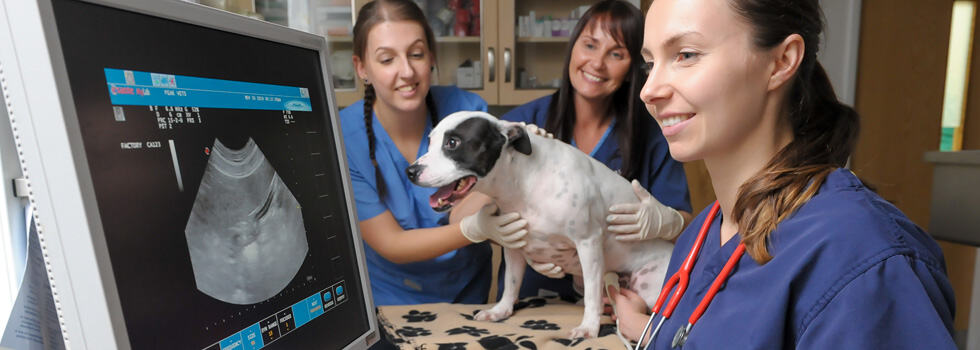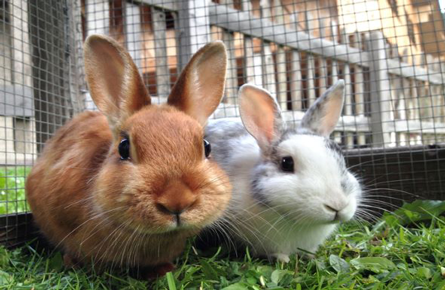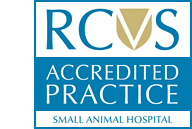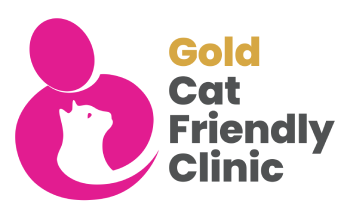Dog Dentistry in Sheffield
Everything you need to know about dog dental care
As far as Peak Vets in Sheffield are concerned, routine dental care & treatments for your dog are just as important as any other preventative care. Tartar accumulation in dogs can result in gum disease and dental damage.
Brushing your dog's teeth once or twice a day is strongly advised for optimal dental care. In addition to veterinarian dental diets, we also supply canine dental care supplies, like liquids to add to their water to help decrease plaque build-up and foul breath (halitosis). Our experts at Peak Vets are pleased to answer any queries you may have in addition to suggesting products for your dog's oral health and offering advice on a healthy diet.
Symptoms of Dog Dental Disease in Sheffield
Dogs in Sheffield are often quite good at masking symptoms of dental disease and discomfort in the mouth. Certain dogs may not exhibit any symptoms at all and still be able to eat even though they have serious dental issues, such as root exposure, severe gingivitis (inflammation of the gums), and tooth root infections. As a result, a dog might have several teeth pulled simultaneously instead of just one.
The best course of action to remove existing plaque and tartar buildup is to scale and polish the teeth, then clean the teeth to prevent further accumulation. All dog dental care procedures for dogs need general anaesthesia; however, routine scaling and polishing takes less time under anaesthesia than multiple extractions since it prevents the condition from getting worse.
Does your dog show signs of dental disease?
- Bad breath (halitosis)
- Visible tartar build-up on teeth
- Discoloured teeth
- Red or inflamed gums (gingivitis)
- Drooling
- Loose teeth
- Bleeding from the mouth
- Swelling around the mouth (from potential tooth root abscesses).
- Slowness or reluctance to eat
- Chewing on one side of the mouth
- Dropping food from the mouth when eating
How can dog dental disease be prevented?
The best way to maintain healthy teeth in your dog is to brush their teeth every day. While it can be started at any age, it is best to start when the puppy is still little. We are happy to provide advice on how to include this in your dog's dental care schedule from the team at Peak Vets.
Regular scaling and polishing can also be beneficial in ensuring that the teeth are well cleaned. This is similar to the care that would be given by a dog dental care hygienist for Sheffield dogs. Dogs cannot remain motionless for long periods of time, thus these treatments are carried out under a brief general anaesthetic to safeguard both the dogs and the crew from sharp teeth.
Why does dental disease occur in dogs?
When food particles and saliva are left on teeth, plaque grows on them. Because plaque is soft, brushing or other dog dental care items can help get rid of it in Sheffield. Without dental help, the plaque would harden and turn into tartar, which is difficult to get rid of. If tartar is not removed, which is typically accomplished with the scale and polish treatment, bacteria will grow below the gum line and result in red, painful gums. This is referred to as periodontitis and gingivitis, and it can cause tooth infections, infections of the jawbone, and tooth loss.
If you would like more information or want to talk to a member of our expert veterinary team in Sheffield about your dog's dental care, contact our team today at 0114 250 7733









